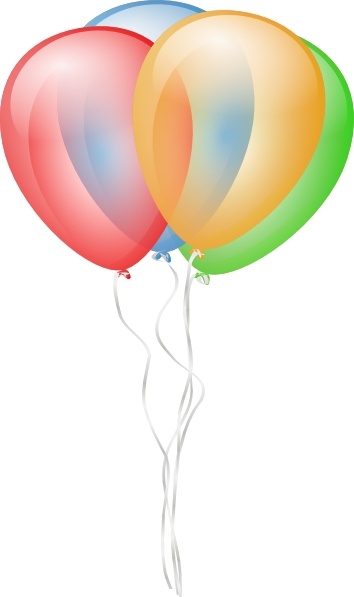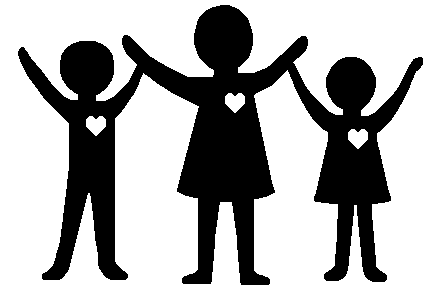
I read an article in the most recent issue of O (Oprah) Magazine that I found myself both laughing and crying over, in recognition of familiar patterns in my life. It is called The Helping Tic written by Diana Spechler. In it, she comes clean on a habit in her own life. She laughingly refers to it as CHT. No, not some mental health diagnosis, although she indicates that it could very well be and I have yet to see it in the DSM IV …Chronic Helping Tic. It happens when someone makes mention of a need they have and immediately she comes up with an answer for them, although they may never have actually asked for a solution. This is offered to strangers and loved ones alike.
It is an occupational hazard for me as a social worker. I (half) joke that I have a rolodex brain and if someone wonders about a resource for something, I mentally flip through it, until I rest on the correct card. I call myself a cosmic concierge since I seem to know where to get almost anything or connect with nearly anyone you might want. You know the six degrees of separation ( or Kevin Bacon, depending on your frame of reference:) concept? In my life, it is more like zero degrees of separation, since I generally know someone who knows someone. So back to helping… If I am within earshot, often I will experience what I call ‘helium hand’ in which I notice my hand rising into the air like a helium balloon. “Put that hand down.”, I sometimes hiss at myself when I am tempted to reflexively volunteer my time or energy without thinking it through. Assisting out of obligation or a desire to look like a good guy…Saint Edie I’m not, but I have to admit, it does feel rewarding to be seen as the ‘go-to’ person. Yes, a bit of an ego dance and sometimes I trip over myself and my feet in an attempt to offer support. When I have done that in the past, there was more of a sense of what my friend Natalie calls ‘wanting to be essential’. Who doesn’t want to be that in the lives of those they love? Now I help more out of choice and if asked, than in order to provide insurance/assurance that I will be loved and valued.
It is in the danger zone for me as someone recovering through co-dependence. Who am I if I am not helping? Sometimes I have practiced what I refer to as ‘savior behavior’, in which I am attempting to fix/save/heal other people. A co-worker said the other day that a Masters Degree in Social Work (MSW) could easily stand for “Master of Saving The World”. True dat, sadly): I am deluded enough at times to buy into it. The truth is that no one is broken and so there is ultimately no need to ‘fix’ anyone. Certainly we all have our wounded places and for me, the idea is to acknowledge them, nurture and cradle them and then expose them to the sunshine; literally and symbolically. Sometimes the most loving thing I can do is be a supportive presence as the person moves through their own process. Helping ‘too much’ can be crippling or disempowering.
A poignant reminder is the person who saw a butterfly struggling to break out of the chrysalis. No matter how he tried, the little critter remained trapped in his temporary home. The person took pity and broke open the shell. The butterfly emerged, but not with wings spread. What he didn’t know is that the butterfly body is filled with fluid and in order for the fluid to disperse into the wings, they need the pressure of the chrysalis to squeeze life into them. Instead of gloriously expanding wings and taking off into the wild blue yonder, it limped away and soon died. How often do we, however kindly and with compassion, ‘help’ when it is not asked for or needed? My hand is raised at that question.
So, are you willing to out down your helium hand and trust that the person/people will find their way without your marvelous intervention?
